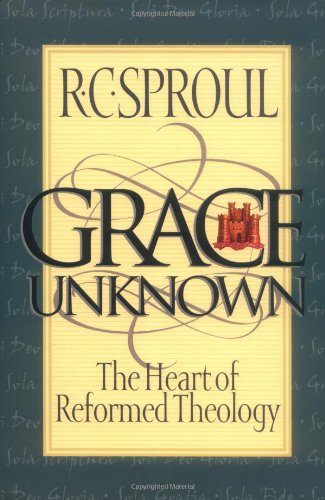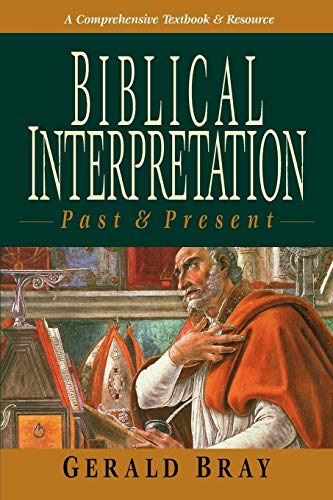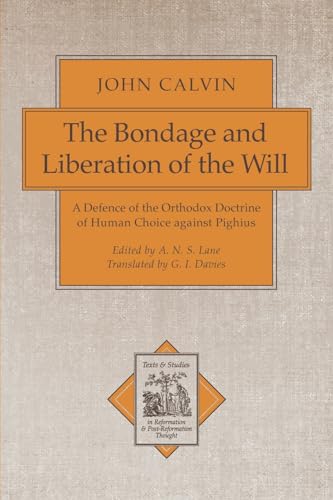The Moral Vision of the New Testament: A Contemporary Introduction to New testament Ethics
Written by Richard B Hays Reviewed By Kevin EllisThe Moral Vision of the New Testament is surely destined to be the yardstick against which future work on NT ethics will be measured. Richard Hays has succeeded in providing a set of parameters in which ethics can be discussed in a meaningful way. The goal of the book is ‘to articulate as clearly as possible a framework within which we might pursue NT ethics as a normative theological discipline: the goal of the inquiry will be to clarify how the church can read Scripture in a faithful and disciplined manner so that Scripture might come to shape the life of the church’ (p 3).
As a result of which Hays spends the first 185 pages systematically gleaning insights for his ethical framework from the different traditions contained within the NT (Paul, John, Matthew, Luke-Acts, the historical Jesus, and apocalyptic). This process Hays calls the descriptive task of NT Ethics, that is to say, reading the text carefully. The other three components of this task are: the synthetic task (placing the text in its canonical context); the hermeneutical task (relating the text to our situation); and the pragmatic task (living the task). This is surely an enlightened piece of work, although it appears that in the first 185 pages, Hays successfully manages the first part of his task (reading the text) to the neglect of the second part (placing the text in its canonical context).
After reading the text, Hays attempts to interpret the NT texts as the text (i.e., as part of the canon). He does so fully aware of the perils of becoming ‘a late twentieth-century Diatessaron’ (p. 193). Thus he suggests that each text and consequently each contemporary situation should be looked at through three focal images (Community, Cross, and New Creation). In perhaps the most exciting section of the book, these are then applied to real ethical situations (to violence, divorce and re-marriage, homosexuality, ethnic conflict, and Abortion). However before that Hays examines the work of the following leading ethical theologians (Niebuhr, Barth, Yoder, Hauerwas, and Schussler Fiorenza).
In discussing these modern day ethical concerns, Hays shows himself to be a listener to contemporary society as well as to the ancient world of the biblical text. There will be much in this section that many evangelicals could find disturbing. This means that it is always worth a read particularly by evangelicals. His stripping away of texts such as Psalm 139 from the pro-life cause could cause anger, but all will marvel at Hays’ demand that the church should provide materially for the unwanted baby and mother. And few will fail to be moved by his desire that the Church should be seen to move from piety into real Christ-like compassion. His focal images of the new people of God, the suffering messiah, and the new age mean that all ethical situations are removed from the individualism which afflict all aspects of our late-modern society, even the Church.
Hays’ book is not only a work of scholarly erudition, but one of challenge to Church. Hays recognises, as we ought to, that the laws of God are primarily meant for the people of God. In that Hays could well have begun to move beyond the scholarly into the prophetic. This would indeed make the book worth buying, and I will be surprised if all do not see this as the text book for NT ethics in the early decades of the 21st Century.
Kevin Ellis
The Queen’s College, Birmingham







